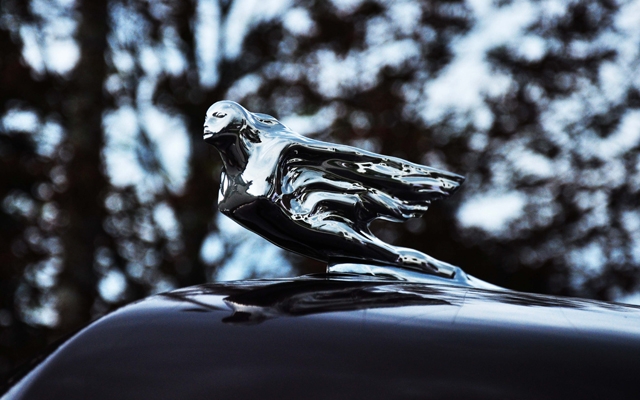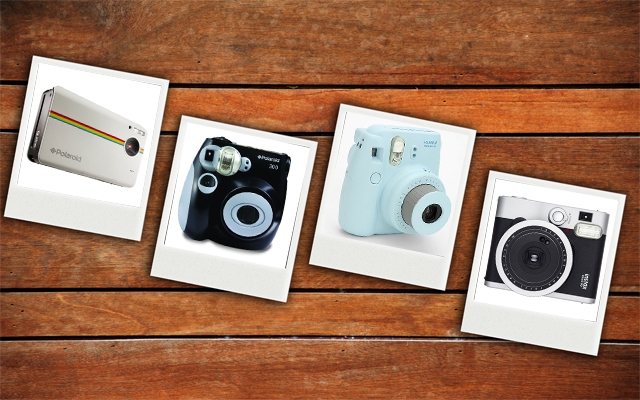It’s not all just driving into the sunset happily-ever after though; buying a classic requires time and patience, as your dream car can quickly become your worst nightmare. To ensure that doesn’t happen, here are a few things to think about:
1. Choosing your Classic
What’s your preferred style? Sedan? Coupe? Convertible? Roadster? Four-cylinder? V6? V8? Automatic? Manual? whether you want to cruise comfortably or burn rubber at the track, there’s plenty of choice out there. For starters, pick a car that’s easy to maintain and find replacement parts for, so avoid rarity – unless you can afford the hassle of finding parts or cost of having them custom-built.
2. Research, Research, Research
Spend a good amount of time documenting yourself about the model, year and trim level of the car you want – the more specific you are, the better. And since virtually every car will have its own fan base, be sure to check out online club forums for technical specs, repair/maintenance info, model history and replacement parts. Though most online forums will have “stickies” (general FAQs about cost, maintenance, model specs, etc.) don’t be afraid to ask questions either. Majority of these sites are usually packed with knowledgeable, friendly and passionate people who often know the car inside out – just be specific and clear in what you wish to know. Some sites even have a section where members can sell their cars, so be sure to keep an eye out for that as well.
3. What’s it worth?
Ever heard the phrase, “a classic car is only worth what someone is willing to pay for it”? Make sure you know what the car’s true value is before making an offer – never jump into a transaction that doesn’t feel right. If a vehicle that is usually sold for a high price is advertised for cheap, find out why. What’s the condition (does it run, any notable mechanical, exterior/interior problems) and most importantly, is it original? A car’s value will drop significantly if original components (such as drivetrain and interior trim) have been modified or removed. Keep in mind the resale value when parting ways with your classic car too – some cars simply aren’t worth a lot of money, even if fully restored to original specs.
4. Classic or Junk?
The last thing you need is getting a car that needs more work than actually enjoy driving it, so it’s always best to go in person and look at the car when checking out an ad – as pictures can be deceptive and offer very little detail of the car’s overall condition. If the car has been sitting a while but starts, don’t be fooled – regardless of age or model, its metal is still vulnerable to the elements. Though often overlooked, rust is one of the most expensive and frustrating things to fix, which is why in some cases it will be either hidden from view or covered up with plastic or other means. Have a professional check the car’s underside, engine bay and interior before making any move.
5. Is it a resto-project?
Some classic car buyers don’t have a problem with bringing back an old car and restore it themselves in a garage. The process can take many months or years, depending on time, budget and personal know-how, but can also make for a fun learning experience. However, if you’re not much of a hands-on person and prefer a turn-key car, it would probably be best to avoid ads labeled as “project-only.”
6. Go for a test drive
Aesthetics can only reveal so much about the vehicle – taking it around for a spin will give you a better idea of just how well it runs and drives. Listen to any abnormal noises, such as pings or knocks, and make sure everything moves and shifts like it should (steering wheel doesn’t feel too loose or too difficult to turn, gearbox works properly). Make a few mental notes during your test drive as well; like, is the car comfortable, is it nice to drive, is the interior complete, does it handle well and does it look as good as advertised.
7. Insurance
How much you spend on insurance will greatly vary from model to model, depending on the rarity and value of your car. Check with your insurance company first to see if they insure that model and year, as some companies may not – call around and get some quotes before making the purchase. Insurance cost will also be based on your driving habits, as some owners drive their cars regularly and others may only choose to drive to shows and meets or in favorable seasons such as Spring and Summer. Insurance companies will also take into consideration where you live and how the car is stored.
8. Storage
Where do you park the thing? sounds pretty obvious, but if the car can’t fit in your driveway or your garage, you should consider alternatives such as an exterior garage or special storage facility where elements – such as humidity – are kept away from your car. Some garages charge a seasonal fee to store and maintain classic cars only, but that can get expensive.
9. Vehicle history
It’s always interesting (and important) to find out what the car has been through by obtaining its service background. A rich collection of service records on a classic car can reflect just how meticulous its previous owner was about caring for it. Records can also reveal what parts (as is the unfortunate nature of cars) were replaced throughout the car’s life, giving you an idea of just how original the car is. Mind you, if you notice there have been four engine replacements in less than a decade, you might want to ask why.
10. Importing from abroad
No one said the only place to look for a classic car is within your own city, province or state – in fact, you may find much better deals across the border or overseas. Again, however, comes the importance of seeing the car is person, but since that isn’t always possible, make sure you can trust the person you’re purchasing the vehicle from – that includes transporting over and whether or not it’s street-legal in your jurisdiction.












